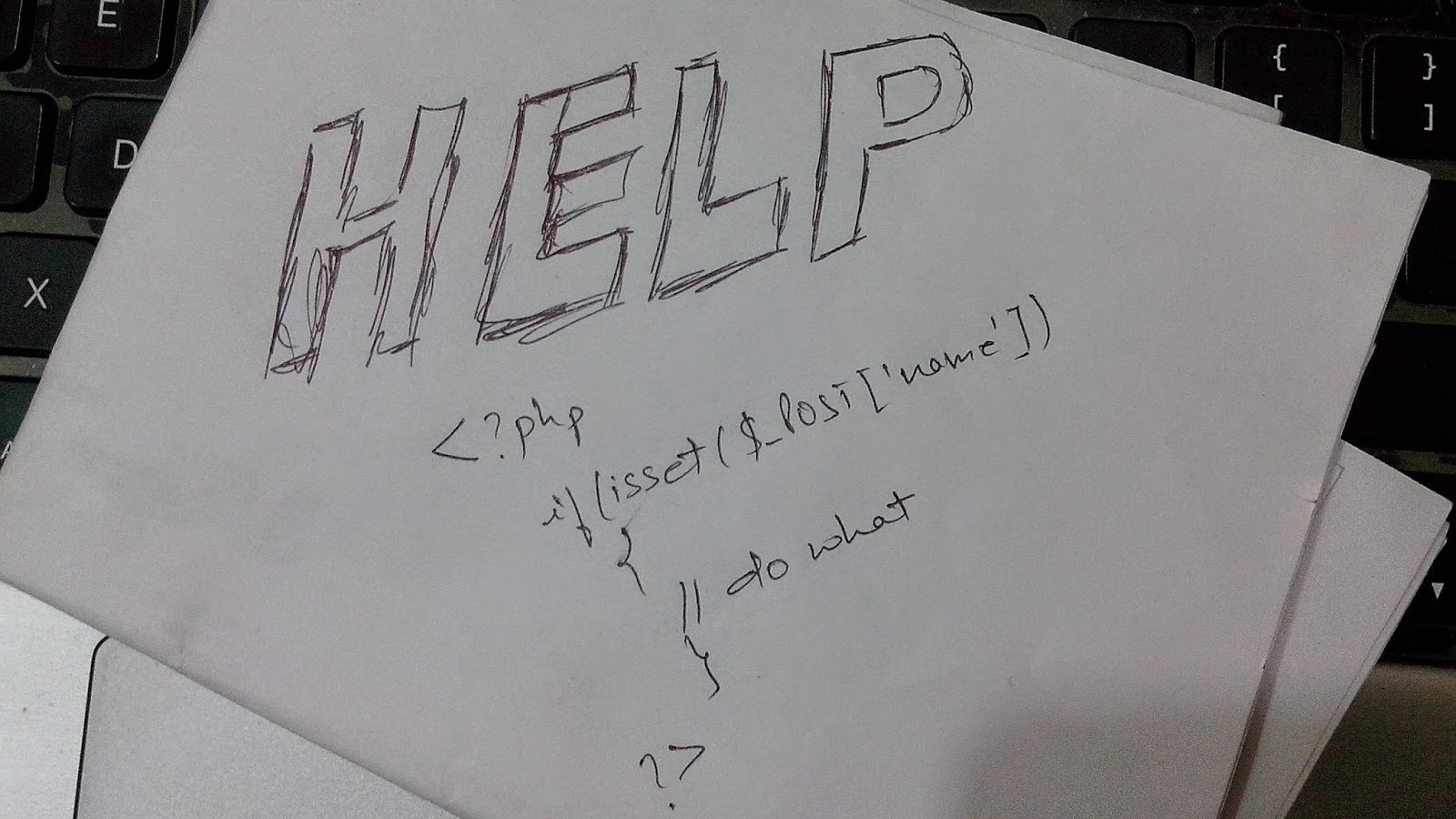Lets start with the problem. You know PHP reasonably good, but still you may find problems with PHP code or maybe MySQL. But what about Linux, I mean the Linux based Operating Systems like Ubuntu, etc.
PHP is great but some day you might wanna work with LAMP stack. You need somebody to help you out with Linux. The permissions can be tricky.
Don't be like, "Hey, I have no idea what I am asking?". And don't you are ask too simple questions. The questions that can be very easily Googled.
Google
Don't forget. If you are not willing to Google, then better stop programming. If you are not in the habit of Googling, start it by searching you name on Google's web search and image search. See what you can get.
Okay stop searching for your own name. Back to business. Search your problems.
In the foot note, there are references of PHP Manual. Maybe a bit uncomfortable but the best book on Earth is PHP's own PHP Manual.
Hey, Want any help from me comment below ↓ ↓ ↓
PHP is great but some day you might wanna work with LAMP stack. You need somebody to help you out with Linux. The permissions can be tricky.
Top 5 ways to get help from PHP Programmers
Here are some resources that, I found extremely useful. Utilize them all as much as you like. But remember don't unnecessarily annoy other users. |
| Get help from PHP programmers |
Google Plus
Majority is still not using Google Plus. But Google Plus groups have high quality users. Especially, PHP Programmers Community, you will get instant answers here. But ask the right question.Don't be like, "Hey, I have no idea what I am asking?". And don't you are ask too simple questions. The questions that can be very easily Googled.
Okay stop searching for your own name. Back to business. Search your problems.
PHP Manual
How to learn PHP web development? Try as much as you want. But you'll find that even in the best books entire PHP is not covered. Maximum authors leave a number of functions unattended. Some function don't have all the optional parameters explained properly.In the foot note, there are references of PHP Manual. Maybe a bit uncomfortable but the best book on Earth is PHP's own PHP Manual.
StackOverflow
Maximum of your queries are already answered on StackOverflow's forums. Don't miss them. Stack Overflow comes in handy.Facebook Groups
Not exactly my choice. Facebook can give you hard times in finding the right PHP groups. Also, Facebook is full of idiots. No offence. But you may find users commenting idiotic stuff instead of answers.Hey, Want any help from me comment below ↓ ↓ ↓
Author's Bio: Shubhashish Shukla (follow him) is the person behind Sector Techno (twitter, facebook), a technology blog. An always learning web developer.




